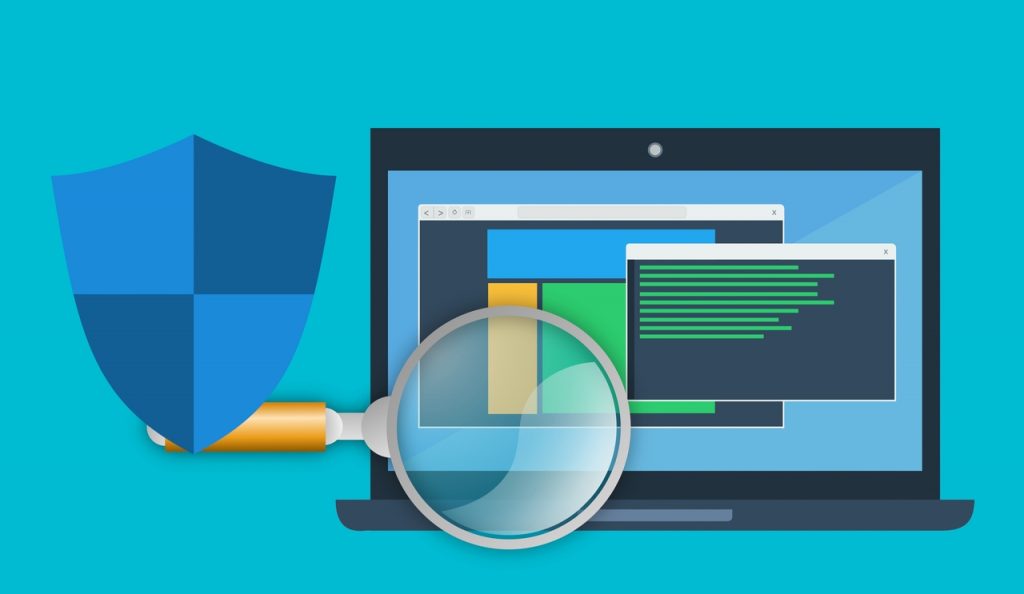The security of companies has been under serious threat in recent years. People are constantly coming up with new ways to infiltrate people’s businesses and the potential consequences of this can be catastrophic science in the modern digital world everything is connected. A single breach can impact your business to such a degree that you may be left with nothing else but to shut it down.

Because of this, there is a need for security professionals to rethink and redefine ways in which they protect a business, taking a more proactive approach instead of the traditional way of reactively defending your company. With that being said, picking the right place to start can be tricky, which is why today we are going to help you out by taking a look at four keys to building and enterprise security program.
1. Understand your compliance obligations
Your enterprise is located within a system of law that is designed to protect both you and your customers from security breaches. Even though it can take time for new regulations which will address the latest security issues to be put into place, understanding the current compliance obligations you have should be the foundation for your enterprise security program. Implementing them into the way you conduct everyday business and treat your customers should give you a solid basis from which you can grow and develop your enterprise security program as you can rest assured knowing you have the law on your side.
2. Protect your digital data
With modern businesses relying heavily on computer data to store their sensitive information, a large portion of your efforts to secure your business should be aimed at making your data well protected.
The first thing to consider is to implement strong passwords for your business. While it may seem quite inconvenient at first, taking a few seconds more to enter a password is a whole lot better than having a security breach. It’s amazing just how much more secure your password becomes after adding just a few characters to it. With that being said, to make sure your business is as protected as possible it would be great to also perform regular password updates and changes while at the same time keeping an eye on who you give access to them.
On top of this, make sure that your cloud provider offers reliable and secure cloud services which will help make your data more secure and more accessible to your employees. And, while preventing intruders from accessing your information is vital, in case something goes wrong, it’s also a good idea to perform regular backups of your data to your cloud, which will decrease the potentially catastrophic consequences you can face.
3. Protect your physical waste
Something that many businesses often forget is that just throwing away old computers or servers doesn’t mean that the information on them is secure. In fact, if not handled properly, data from such devices can be easily accessed, which is why a high degree of precaution is necessary. Make sure that you erase all of the data when throwing away any piece of technology to prevent the possibility for security breaches. If you aren’t careful and intruders are able to retrieve vital information from these devices, the entirety of your business’ security can be at stake because of something that could have easily been prevented.
4. Build a culture of security within your business
An essential part of building an enterprise security system is making it a part of your overall company culture. A company is only really safe when all of its parts and most importantly all of its employees are aware of the risk mismanagement of information and data can have and are actively cautious of how they handle these things. One misstep from your employees can jeopardize your entire company so making sure they understand this by holding meetings, seminars and security training sessions can all help make sure your company is safe and protected. Building security into your company culture will definitely take a lot of time and energy but you have to remember that it is your first and most important line of defence.
Conclusion
Finally, it’s crucial to understand that the security of your business shouldn’t be implemented as an afterthought but rather as an essential part of all of the processes within your business. If your security program is implemented in such a way, it will be able to take into consideration any potential threats before they even occur and make sure your business is safe and protected.
